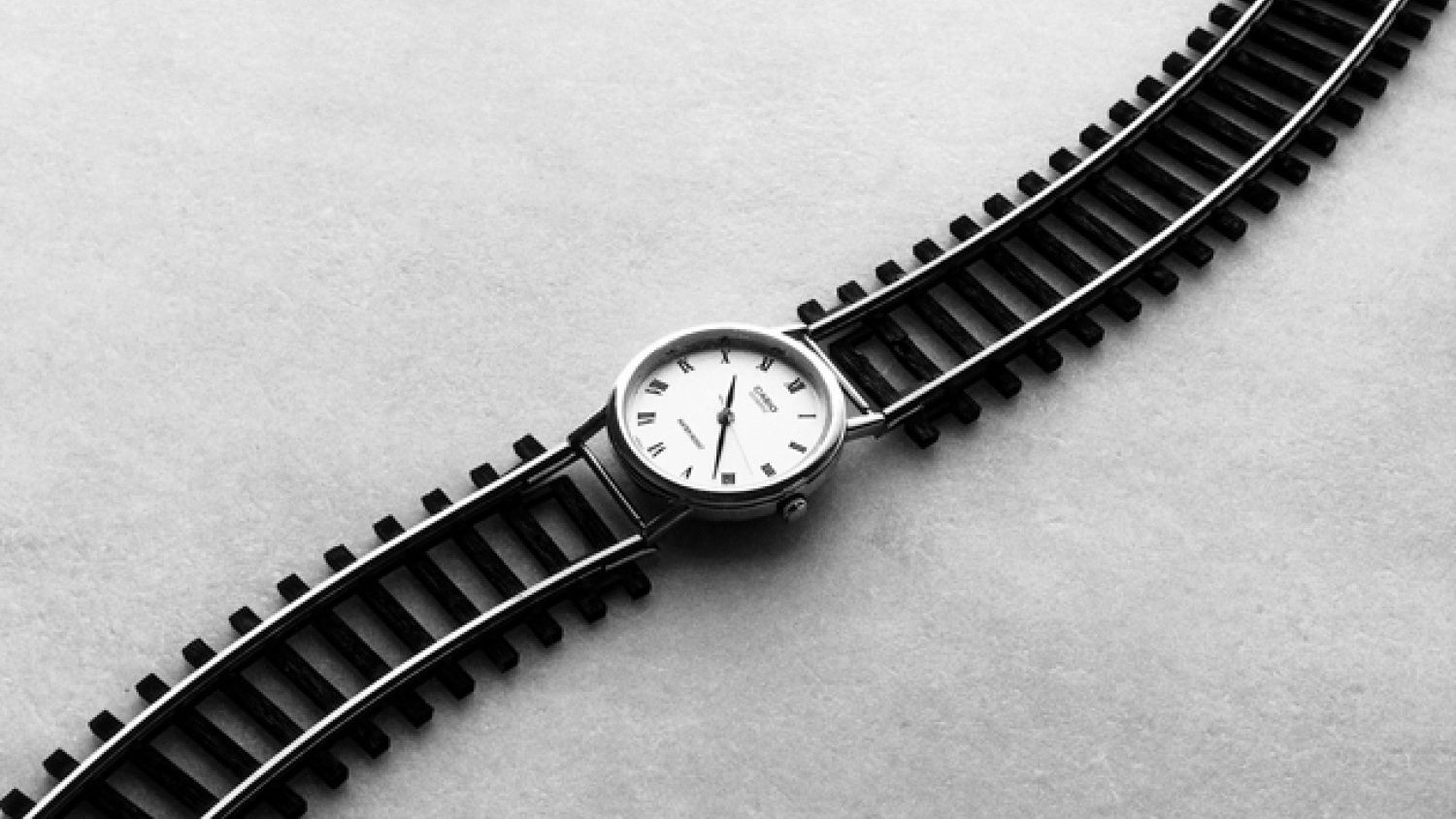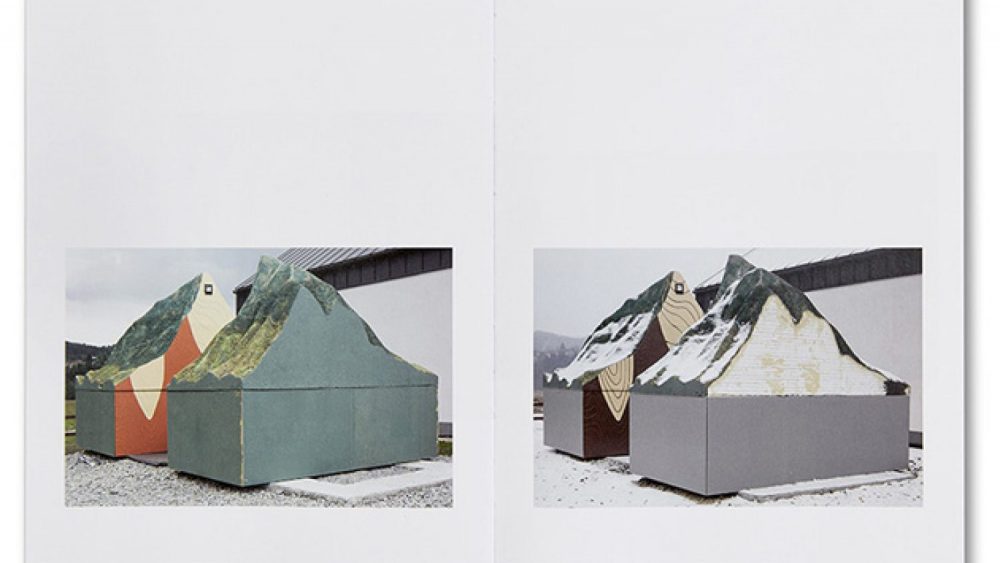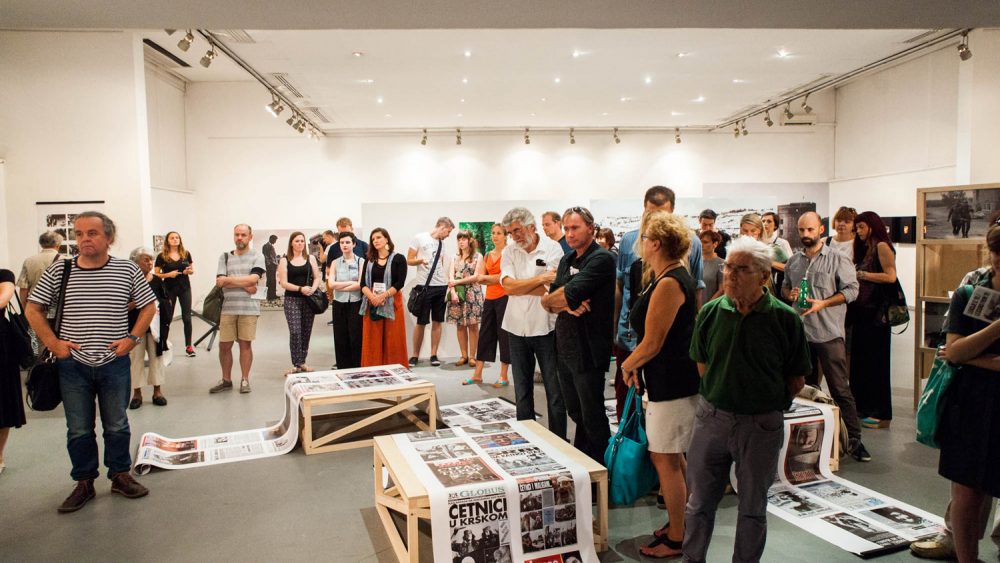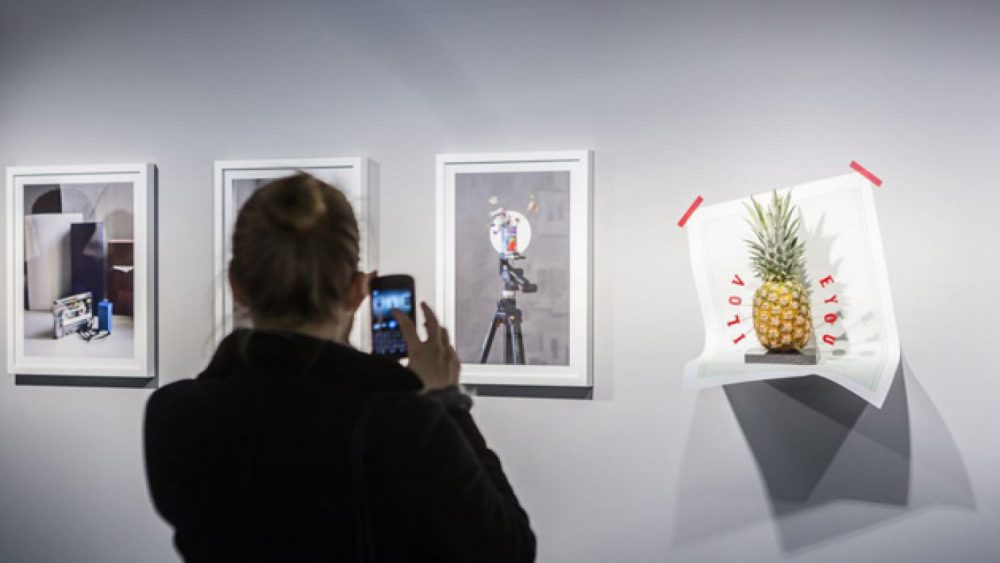FK asks – What’s the greatest challenge of your job?
We are starting a series of questions to the directors of various photography festivals, museums and institutions in Eastern and Northern Europe in order to know a little more about challenges they face, their take on photography and work routines. The first question is about the greatest challenges they face at their jobs.
Irina Chmyreva, artistic director of the PhotoVisa International Festival of Photography, Russia:
The new challenges of our time. And of our history. During the first years of the festival I felt that my team and I were building a new structure to discover contemporary visual culture (and its perception). Times changed. Right now I feel the PhotoVisa photographic festival is discussed more as a social event, and is more involved in the social and political situation, with “new censorship” by anonymous “public opinion”. It is a festival in a very polarized society, and even fine art photography can be perceived differently by various political sides. And it is much more work for the curators of the festival – to construct a platform of cultural and social dialogue, not just to present “beauty” or “contemporary trends”.
Vaclav Macek, director of Bratislava Month of Photography, Slovakia:
The biggest challenge for me is to prepare the best festival with the
smallest budget. I have to harmonize many expectations from
photographers, the general public, partners, sponsors and my own taste, which has
to take into account all these various demands. The ideal shape of the
programme is to change Bratislava for one month into a genuine popular
celebration of photography. Sometimes it happens to a greater degree, sometimes
less, but it is the goal I would like to fulfil every year.

Tuula Alajoki, director of Backlight Photo Festival, Finland:
As we are working with annual discretionary funding, the greatest challenge is to secure sufficient funding on time to both prepare and produce the events. Decisions and agreements must be made before the funding is confirmed and this creates a lot of unproductive stress and “on hold” situations.
Krzysztof Candrowicz, director of Fotofestiwal in Lodz, Poland:
My greatest challenge is to create the conditions for art to represent the state of humanity nowadays, as well as making it available to various kinds of people – not exclusive – and at the same time opening people up by raising fundamental questions. It’s not always happening today – art in general as well as photography have become often very over-intellectualized and conceptualized to the level of autotelic language. I believe that Joseph Beuys was right – everyone is an artist. So the role of a curator is to select and show an essence.
Mindaugas Kavaliauskas, director of Kaunas Photo festival, Lithuania:
The challenges are numerous. First, since the Kaunas Photo festival is thematic, it must be reinvented every year, including new venues and artists’ works. My personal curator’s challenge is to keep the balance of a program of artists that are new to our audience and those whose work I appreciate a lot, but whose other works have already been shown in Kaunas. Fundraising is a challenge, as usual. This is universal for all art managers, but in our case, I need to work on the implementation of our autumnal program and for the fundraising of the following year simultaneously. Generally, I set goals – curatorial, organizational and others – and just follow them with the help of my small team, not thinking they are “challenges”.

Maira Dudareva, director of the Latvian Museum of Photography, Latvia:
On a broader scale, the greatest challenge has always been to make our ideas happen, finding a balance with our bureaucratic and financial capabilities. Unfortunately, the system sometimes clips our wings. In the perspective of the next few years, our current challenge is creating a new permanent exhibition for our new space on Mārstaļu Street in Riga.
Marina Paulenka, director of Organ Vida festival, Croatia:
Being at the head of an organization, in my case the association and the festival is a major challenge, responsibility and honour. Its very interesting work and I adore it – full of traveling, meetings with artists, seeing works, curating, learning… On the other hand, the idea of being only artistic director doesn’t work in our country, so you, as a festival director, have to work on several other job functions as well. Our biggest yearly challenge is to ensure financing for producing the festival from city and state foundations, which don’t provide enough finance for culture and art in general, so we must also seek sponsors in the private sector, which is not always interested. This is exhausting and takes a very long time to do, and sometimes we have to find a balance between the demands of sponsors and our vision.
Since we have achieved excellent results, and have great support from the public/audience, which indicates the need for the continuation of such events in the region, the development of the festival as a living organism requires improvement on a daily basis. You have to be brave and dare, know what you want, have a vision, a good team and then the other things that make the biggest challenges come into their own.
Arnis Balčus, director of Riga Photomonth:
To obtain enough funding for the festival to happen, as well as to involve an even greater audience – both local and international – in festival events.
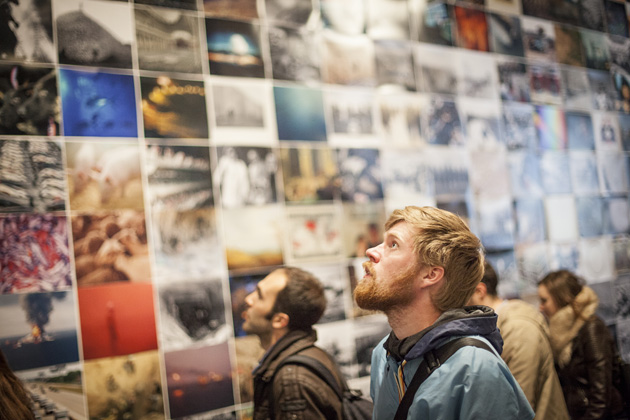
Aga Dwernicka, director of Krakow Photomonth Festival, Poland:
I believe the biggest challenge for me is always to keep a certain balance in programming the photography festival. A good festival is one showing the current state of photography from various perspectives and in different ways. You always need to consider your limits and see the structure of the program clearly. And last but not least, you need to know who you would like to work with. Choosing the right people that will find themselves in your reality is the key to something new.
On the other hand, balance also means creating a festival that is meant simultaneously for the general public and for a more demanding audience (specialists). It’s a contradiction you need to be friends with.
Nadya Sheremetova, director of FotoDepartament Foundation, Russia:
First, in my case, it’s crucial to identify yourself – am I a curator of exhibitions and projects, director of the institution, gallerist, teacher and co-participant in artists’ development? I think the biggest challenge is to be everyone at the same time. There are only a few institutions in Russia that exhibit photography and more than that, investigate photography. Thus, it is important and interesting to play all these roles. The hardest is to be sustainable and independent as an institution; to be able to earn money without losing your principles; to move giant processes, building perspectives for photography and imagemaking as an independent and inclusive medium within contemporary art.
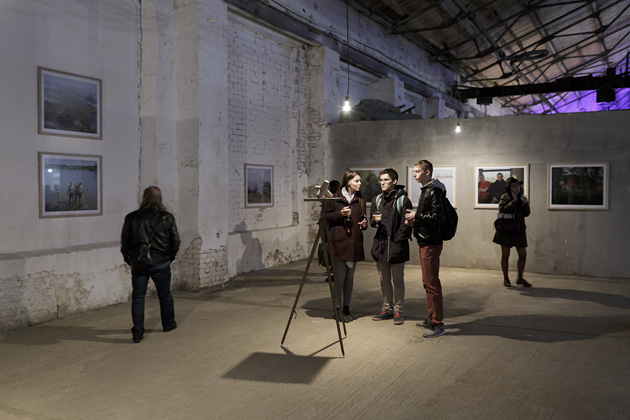
Andrei Liankevich, director of Minsk Month of Photography, Belarus:
First of all, to unite all the institutions on one project, because that’s the only way we can make the festival happen in Belarus. We have no budget, we have no support from the government, it’s almost impossible to get a grant from abroad to realise any project or exhibition – that’s why we invite partners. Secondly, it’s very difficult to unite the people involved, because without any support it’s challenging to find a way to compensate the time and energy of people who work for the festival.
Grzegorz Jarmocewicz, artistic director of Bialystok Interphoto festival, Poland:
The biggest challenge in my work is the consistent presentation of the explored dilemmas – the subjects of every festival edition – with the help of artists’ works from various countries and with different artistic attitudes.
Kateryna Radchenko, director of Odessa/Batumi photo days, Ukraine:
The continuous search for balance between the work I love and the search for/implementation of projects to make a living.
